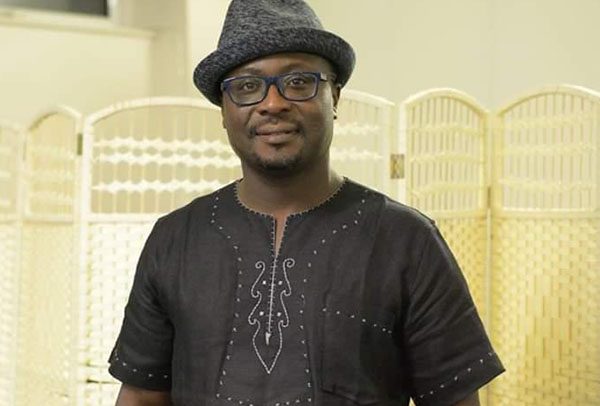Mark Darlington Osae
A group calling itself the Alliance for Change in Ghana Music (AFGHAM), has called on stakeholders in the music industry to come together and work tirelessly as a team to move the industry forward.
The group expressed concerns about the way and manner the music industry was being managed, saying it is high time the stakeholders put in place proper structures to protect the interest of stakeholders.
It said due to lack of good structures to streamline the operations of the industry, stakeholders were suffering and could not make ends meet.
The group noted that the absence of a database on the music industry and lack of a coherent and professionally organized distribution and marketing system had crippled the progress of the music industry.
In a statement signed and issued by Mark Darlington Osae, interim AFGHAM Chairman, the group said its fight was against “decades of unacceptable mediocrity, institutional corruption due to lack of transparency and perceived incompetent leadership, which stifles the growth of the industry.”
It said the fight was also against ineffective systems and any group of persons who had been given the power to serve in the Ghanaian music industry but were deliberately or non-deliberately under-performing.
The group, made up of artiste managers, record producers, road managers, investment bankers, publicists, event organizers and media personalities, was pushing to get the Ghana music industry plugged into the global music industry in order to attract multinational record labels, publishing companies, booking agencies, tour companies, media houses, royalty collection companies and multi-national/local investors.
It believes the plight of the music industry is as a result of the lack of proper systems and efficient structures, which has equally rendered administration incompetent in governing the affairs of the music business in Ghana.
The statement however said AFGHAM was formed as an alliance to advocate for, educate, and create realistic and pro-active solutions to the challenges in the music industry.
It also seeks to recreate an industry which will significantly contribute to the economy of Ghana by restructuring how the music business is done in Ghana.
By George Clifford Owusu


